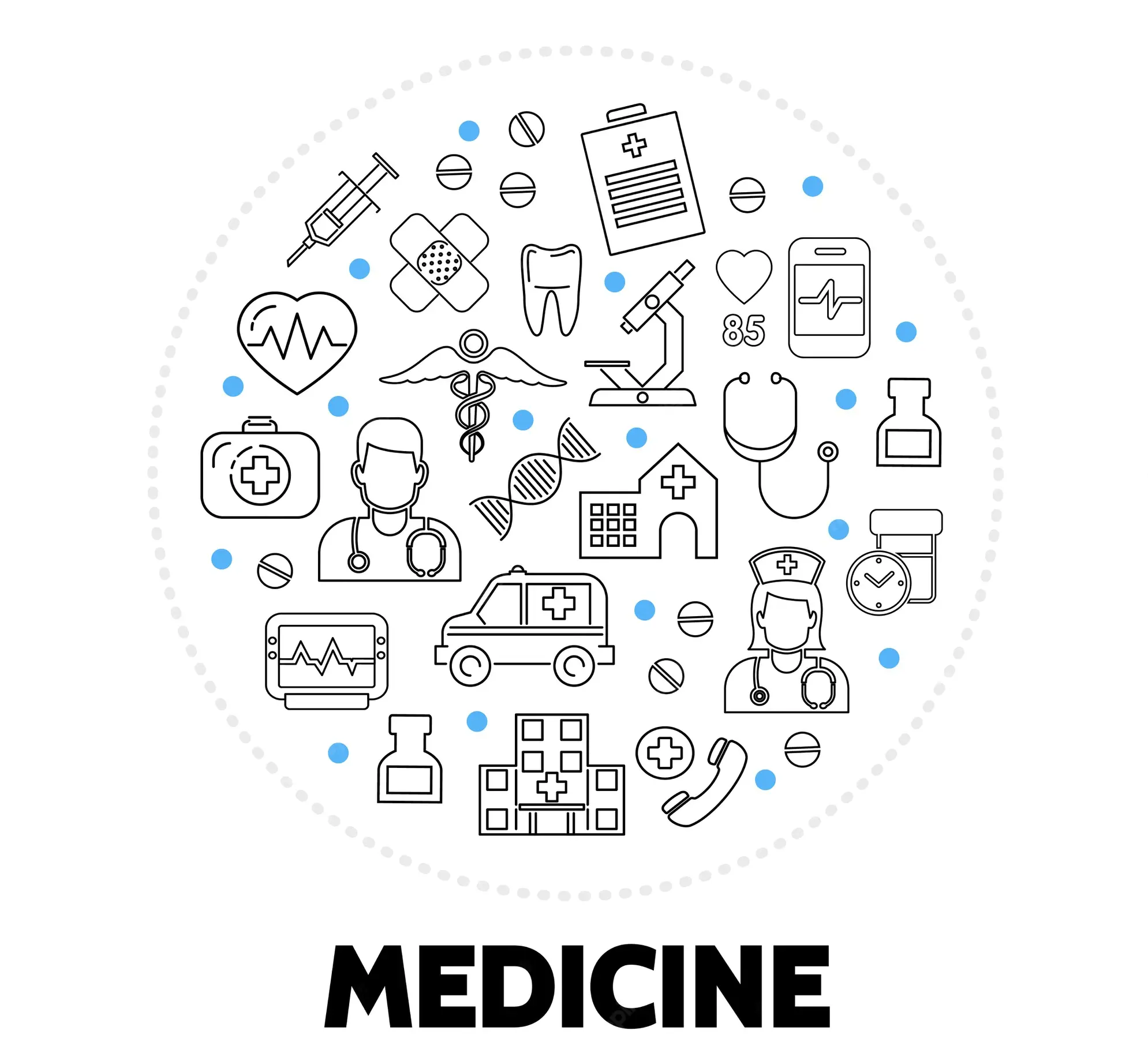CHM101 Books
Principles of Physical Chemistry
Author: Madan Pathania, BR Puri, LR Sharma
School: Federal University of Agriculture, Abeokuta
Department: Science and Technology
Course Code: CHM101
Topics: Physical Chemistry, atomic spectra, chemical bonding, molecular quantum mechanics, molecular spectroscopy, gaseous state, liquid state, liquid crystals, mesomorphic state, first law of thermodynamics, second law of thermodynamics, third law of thermodynamics, thermochemistry, chemical equilibria, phase equilibria, Nernst distribution law, Ionic equilibria, elctrolytic conductance, electrolytic transferance, classical statistical mechanics, chemical kinetics, photochemistry, catalysts, solid state, collodial state, surface chemistry, mass spectrometry, macromolecules, irreversible thermodynamics
General Chemistry ,11th edition
Author: Darrell Ebbing, Steven Gammon
School: Federal University of Agriculture, Abeokuta
Department: Science and Technology
Course Code: CHM101
Topics: chemistry, measurement, atoms, molecules, chemical formulas, chemical reactions, gaseous state, thermochemistry, quantu, theory, electron configuration, periodicity, ionic bonding, covalent bonding, molecular geometry, chemical bonding theory, states of matter, solutions, rates of reaction, chemical equilibrium, acid, bases, acid-base equilibria, solubility, complex-ion equilibria, thermodynamics, equilibrium, electrochemistry, nuclear chemistry, Main-group elements, transition elements, coordination compounds, organic chemistry, polymer materials
Solution to Exercise Chemistry the central science ,12th edition
Author: Roxy Wilson
School: Federal University of Agriculture, Abeokuta
Department: Science and Technology
Course Code: CHM101
Topics: matter, energy, atom, molecule, ion, chemical reaction, Reaction Stoichiometry, thermochemistry, electronic structure, chemical bonding, molecular geometry, bonding theories, gases, liquid intermolecular forces, solids, solutions, chemical kinetics, Chemical Equilibrium, Acid–Base Equilibria, Aqueous Equilibria, chemical thermodynamics, electrochemistry, nuclea chemistry, transition metals, coordination chemistry, organic chemistry, biological chemistry, chemistry of life
Basic Principles of Inorganic Chemistry Lecture note
Author: Onyeuka Bright Chimezie
School: University of Nigeria, Nsukka
Department: Medical, Pharmaceutical and Health science
Course Code: CHM101
Topics: Inorganic Chemistry, Stoichiometry, Atomic Structure, Cathode Ray Tube Experiment, Nuclear Reaction, Mass Spectrometer, Isotopes, Quantum Theory, Wave Mechanics, Chemical Bonding, Hybridization, Periodicity, Properties of Elements
Author: CHM BSUM
School: Benue State University, Makurdi
Department: Science and Technology
Course Code: CHM101
Topics: Hybridization, Valence shell electron pair repulsion theory, VSEPR theory, Valence bond theory, molecular orbital theory, atomic orbitals combination
Arun Deep's Self-Help To ICSE Simplified Chemistry
Author: Arun Deep
School: Usmanu Danfodiyo University, Sokoto
Department: Science and Technology
Course Code: CHM101
Topics: Chemistry, Periodic table, chemical bonding, acid, bases, salt, analytical chemistry, Gay Lussac's law, Avogadro's law mole concept, empirical formula, molecular formula, electrolysis, metallurgy, hydrogen chloride, ammonia, Nitric acid, sulphuric acid, organic chemistry, practical chemistry
Departments

Administration, Social and Management science

Agriculture and Veterinary Medicine

Arts and Humanities

Education

Engineering

General studies

Law

Medical, Pharmaceutical and Health science

Science and Technology